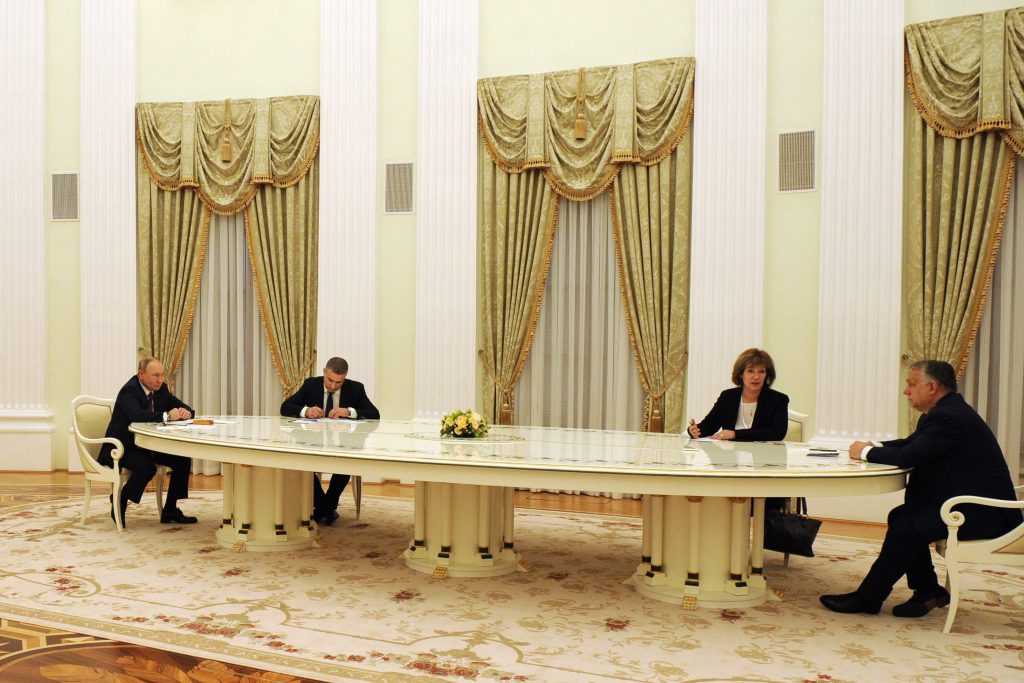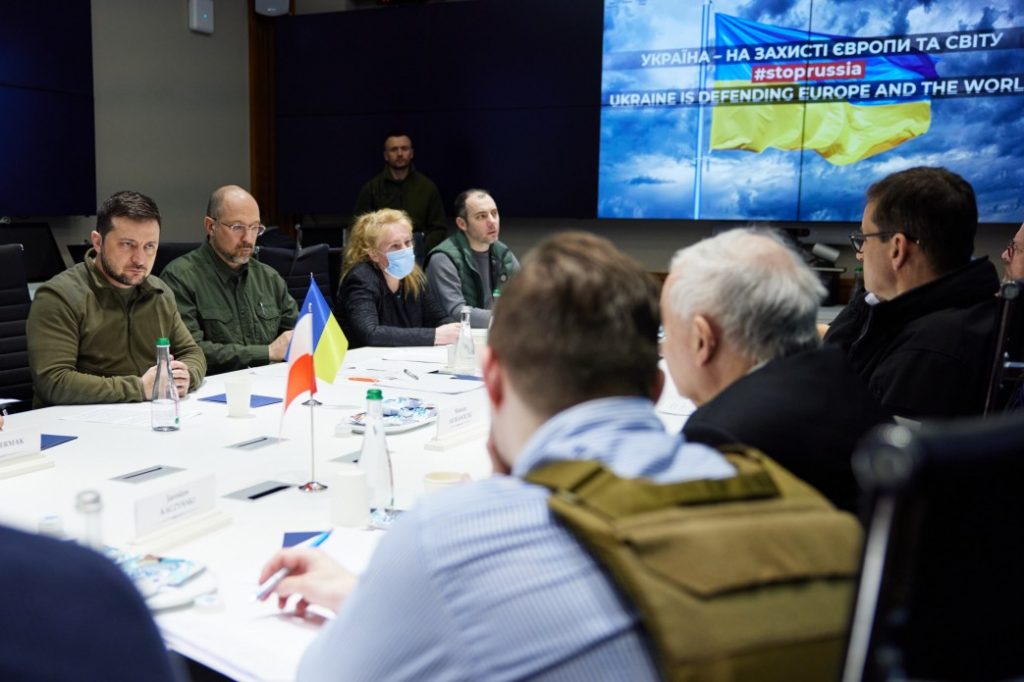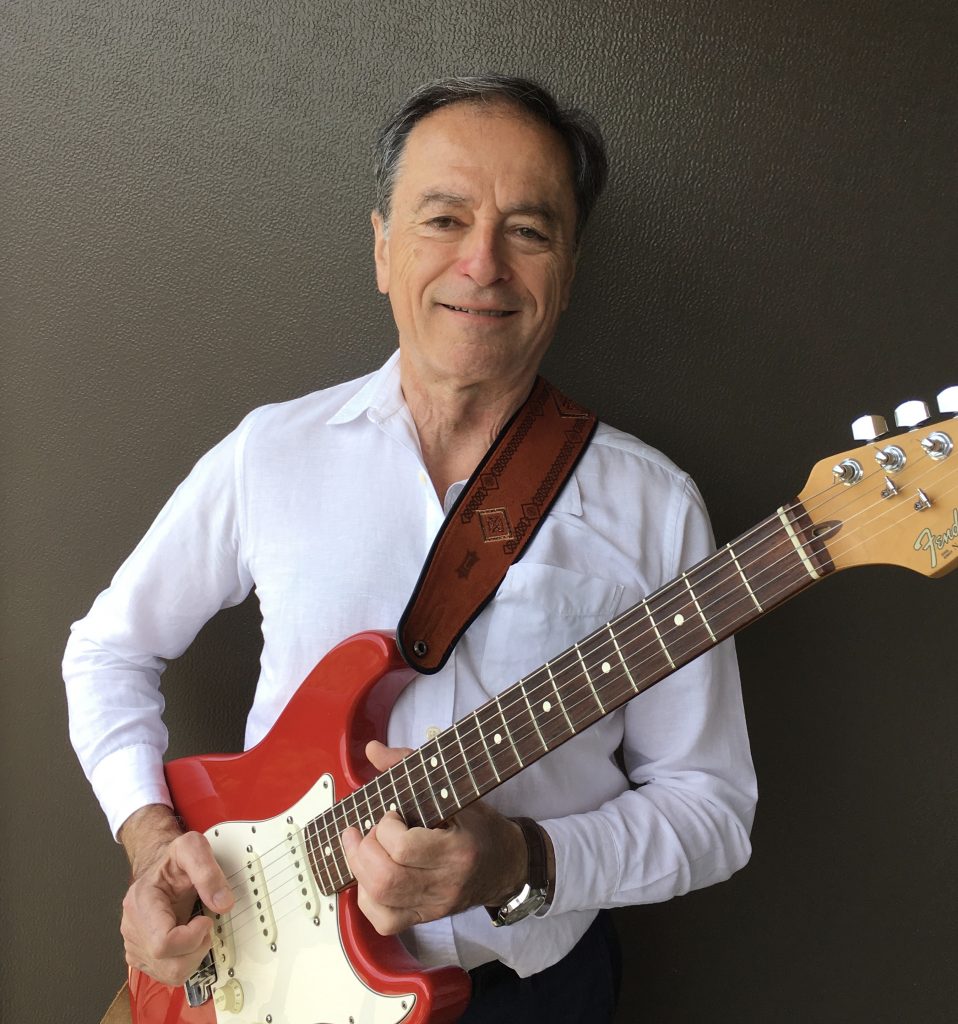Hungary’s former ambassador to the NATO talks about the Russia-Ukraine conflict, the Hungarian approach to a war in the backyard, Viktor Orbán’s special relationship to Vladimir Putin, and how the Russians demanded the Hungarians to take him out in 1989.
Host: Zoltán Kész
Russia’s invasion of Ukraine has shaken up the politics, economy and society across the European continent. Old taboos are wobbling, once unimaginable playbooks seem suddenly realistic. Hungary, one of Ukraine’s neighboring countries and a NATO member since 1999, is one of the most affected countries by the refugee waves leaving the Ukrainian territory. According to UNHCR data, almost 300,000 refugees have entered Hungary since the beginning of Russia’s Ukraine operation.
Whether the Russian military operation will stop at Ukraine, still remains an open question. In the meantime, alarms are ringing at NATO headquarters in Brussels with its member countries preparing for eventualities of higher tension.
No Hungarian diplomat has a deeper insight in NATO issues of the accession period than András Simonyi, the country’s former ambassador to the military organization. He was standing next to Prime Minister Viktor Orbán when the Hungarian flag was raised at NATO headquarters in 1999.
Mr Simonyi is confident Hungary’s membership in the military alliance offers a protection shield against foreign aggression. Indeed, NATO’s Article 5, at the very heart of the military organization’s founding treaty, is not only meant to create collective defense, but to cause deterrence.
“If Hungary wasn’t a NATO member, the Russians would be in Budapest by now,” he warned.
From elimination to friendship
Hungarian-Russian relations in the last three decades have been heavily shaped by Hungary’s current prime minister Viktor Orbán and his four governments since 1998.
Still as a young liberal, Orbán became known as a politician for a speech in 1989 demanding the exit of Russian troops from Hungary. Back then, the Russian leadership was anything but happy about Viktor Orbán.

Photo credit: MTI/Kremlin
“The Russians were banging on the table for the Hungarians to eliminate the political activist Viktor Orbán,” Mr Simonyi said.
Despite the Russian demands, Hungarians stood up for Orbán. “We fought back. We said no way. Viktor Orbán is a legitimate Hungarian voice,” the diplomat added.
With time, political stances can change. As a show of this, three decades later, the same politician is the Kremlin’s closest partner within the European Union. In recent years, Viktor Orbán has been a frequent guest in Moscow, and the Russian antipathy of the late ‘80s towards him is long gone.
St Petersburg meeting
Orbán’s anti-Russian position came to a halt after visiting Russian president Vladimir Putin in St. Petersburg in 2009. Many speculations surround the meeting of the two, which later resulted in a total turnaround of Hungarian-Russian relations.
Viktor Orbán had a turn of face, and became one of Vladimir Putin’s “best friends”. With his decade-long pro-Kremlin policy, Hungary’s prime minister has caused concern in Washington and in other segments of the Western alliance. The Orbán administration, constantly hindering talks between NATO and Ukraine, also invited the Moscow-backed International Investment Bank to Budapest.
“He has made Hungary vulnerable to Russian infiltration. The bank is obviously a spy center, it’s an institution for laundering Russian money and very useful in breaking the Western sanctions,” Mr Simonyi criticized Viktor Orbán.
One-person foreign policy
The diplomat warns the Hungarian leader could be underestimating the Russian President: “Had Vladimir Putin come to power in 1988-1989, the Russian tanks would have rolled into Poland, Czechoslovakia, Hungary, Romania, and Bulgaria. The changes towards democracy would not have happened.”
The Hungarian politician’s cozying up to Russia is far from being based on ideology. Personal interests may weigh heavier when it comes to Hungarian-Russian relations. “I think Viktor Orbán, like Donald Trump, just admires the power of unlimited power that Vladimir Putin has,” Mr Simonyi said.

Photo credit: President of Ukraine
Following particular interest instead of public interest, especially in the relations with the current Russian leaders, can pose serious risks for Hungary’s future, its modernization and democracy.
Hungary’s leadership, at the same time, equals a one-man show. The associates around the prime minister do not raise the slightest criticism as they have become voiceless over time. “Hungary does not have a foreign policy. Viktor Orbán has a foreign policy, and that is basically supportive of Russia”.
Hungary’s special relation to Poland has come under heavy pressure since the Ukraine conflict started at the end of February. The Polish government’s position on Russia entirely differs from the Hungarian point of view. The division on Russia came to showcase with the Polish, Czech and Slovenian leaders visiting Ukrainian president Volodymyr Zelenskyy in Kyiv earlier this week. Viktor Orbán was well informed about the visit, but he decided to stay home.
Cover photo credit: Bálint Hirling, Origo

András Simonyi is a former Hungarian diplomat and author. He was the Hungarian ambassador to the United States between 2002 and 2007. He was Hungary’s first ambassador to the North Atlantic Treaty Organization (NATO). He is a Senior Fellow at the Atlantic Council of the United States and working at different projects for the George Washington University in Washington DC. He is an expert in transatlantic relations, energy and environment as well as democracy. Sometimes he picks up his guitar and plays music. His Washington-based band is called the Coalition of the Willing, which has US Secretary of State Antony Blinken a regular guest.
Twitter: @AndrasSimonyi
Photo credit: András Simonyi



